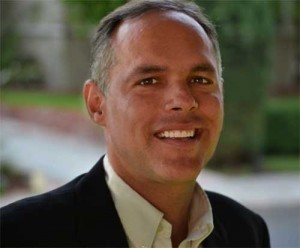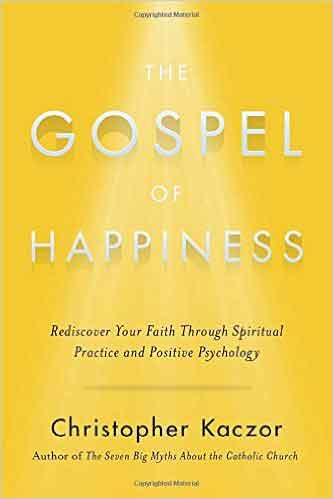For more on the Immaculate Conception from St. John Paul II:
HOMILY OF JOHN PAUL II
Solemnity of the Immaculate Conception of the Blessed Virgin Mary
Wednesday, 8 December 2004
- “Hail, full of grace, the Lord is with you!” (Lk 1: 28).
We address the Virgin Mary several times a day with these words of the Archangel Gabriel. Let us repeat them with fervent joy today, on the Solemnity of the Immaculate Conception, remembering 8 December 1854 when Blessed Pius IX proclaimed this wonderful Dogma of the Catholic faith in this very same Vatican Basilica.
I cordially greet those who are gathered here today, especially the representatives of the National Mariological Societies who have taken part in the International Mariological Congress, organized by the Pontifical Marian Academy.
I then greet all of you present here, dear brothers and sisters, who have come to pay filial homage to the Immaculate Virgin. I offer a special greeting to Cardinal Camillo Ruini. I renew to him my warmest wishes for the jubilee of his ordination to the priesthood and express to him my deep gratitude for the service that with generous dedication he has and continues to render to the Church as my Vicar General for the Diocese of Rome and President of the Italian Bishops’ Conference.
- How great is the mystery of the Immaculate Conception that the Liturgy presents to us today! A mystery that never ceases to invite the contemplation of believers and inspires the reflection of theologians. The theme of the Congress that has just been mentioned: “Mary of Nazareth welcomes the Son of God into history”, has fostered a deep examination of the doctrine of the Immaculate Conception of Mary as a presupposition for receiving in her virginal womb the Word of God Incarnate, the Saviour of the human race.
“Full of grace”, “κεχαριτωµευη”: in the original Greek of Luke’s Gospel, the Angel greets Mary with this title. It is the name that God, through his messenger, chose to use to describe the Virgin. This is how he had always seen and thought of her, ab aeterno (from all eternity).
- In the hymn of the Letter to the Ephesians just now proclaimed, the Apostle praises God the Father “who has blessed us in Christ with every spiritual blessing in the heavenly places” (1: 3). What a special blessing God addressed to Mary from the beginning of time! Mary was truly blessed among women (cf. Lk 1: 42)!
The Father chose her in Christ before the creation of the world, so that she might be holy and immaculate before him in love, preordaining her as the first fruits of filial adoption through the work of Jesus Christ (cf. Eph 1: 4-5).
- The predestination of Mary, like that of each one of us, is linked to the predestination of the Son. Christ is that “seed” that was “to bruise the head” of the ancient serpent, according to the Book of Genesis (cf. Gn 3: 15); he is the Lamb “without blemish” (cf. Ex 12: 5; I Pt 1: 19), immolated to redeem humanity from sin.
With a view to the saving death of the Son, Mary, his Mother, was preserved free from original sin and from every other sin. The victory of the new Adam also includes that of the new Eve, Mother of the redeemed. The Immaculate Virgin is thus a sign of hope for all the living who have triumphed over Satan by the blood of the Lamb (cf. Rv 12: 11).
- Today let us contemplate the humble young girl of Nazareth, holy and blameless before God in love (cf. Eph 1: 4), in that “love” whose original source is God himself, one and triune.
How sublime an act of the Most Holy Trinity is the Immaculate Conception of the Mother of the Redeemer! Pius IX, in the Bull Ineffabilis Deus, recalls that the Almighty “by one and the same decree had established the origin of Mary and the Incarnation of divine Wisdom” (Pii IX Pontificis Maximi Acta, Pars prima, p. 559).
The Virgin’s “yes” to the announcement of the Angel fits into the reality of our earthly condition, with humble respect for the divine will to save humanity not from history but in history. Indeed, ever preserved free from all taint of original sin, the “new Eve” benefited uniquely from the work of Christ as the most perfect Mediator and Redeemer. The first to be redeemed by her Son, she shares to the full in his holiness; she is already what the entire Church desires and hopes to be. She is the eschatological icon of the Church.
- Consequently the Immaculate Virgin, who marks “the very beginning of the Church, Bride of Christ, without spot or wrinkle, shining with beauty” (Preface), always precedes the People of God in the pilgrimage of faith, bound for the Kingdom of Heaven (cf. Lumen Gentium, n. 58; Redemptoris Mater, n. 2).
In Mary’s Immaculate Conception the Church sees projected and anticipated in her most noble member, the saving grace of Easter.
In the event of the Incarnation the Church encounters Christ and Mary indissolubly united: “he who is the Church’s Lord and Head and she who, uttering the first fiat of the New Covenant, prefigures the Church’s condition as spouse and mother” (Redemptoris Mater, n. 1).
- To you, Virgin Immaculate, predestined by God above every other creature to be the advocate of grace and model of holiness for his people, today in a special way I renew the entrustment of the whole Church.
May you guide your children on their pilgrimage of faith, making them ever more obedient and faithful to the Word of God.
May you accompany every Christian on the path of conversion and holiness, in the fight against sin and in the search for true beauty that is always an impression and a reflection of divine Beauty.
May you obtain peace and salvation for all the peoples. May the eternal Father, who desired you to be the immaculate Mother of the Redeemer, also renew in our time through you, the miracles of his merciful love. Amen!
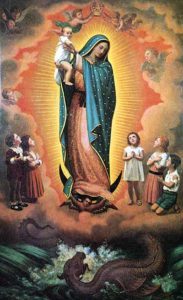

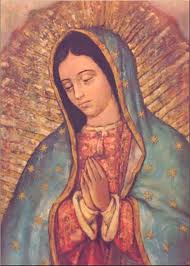
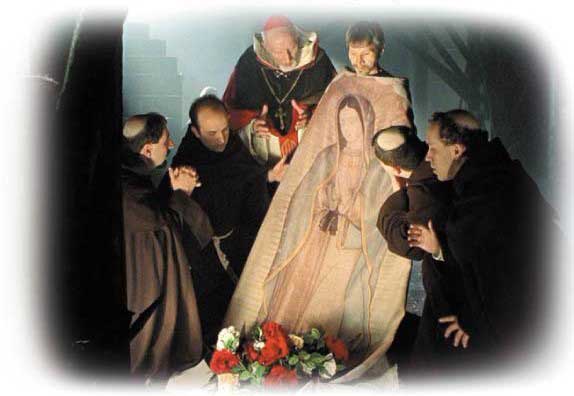 Please visit the
Please visit the 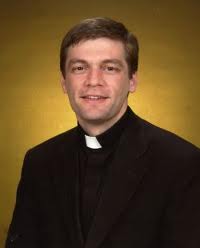 We discuss with Fr. Mark Cyza the dogma of the Immaculate Conception of the Blessed Virgin Mary!
We discuss with Fr. Mark Cyza the dogma of the Immaculate Conception of the Blessed Virgin Mary!
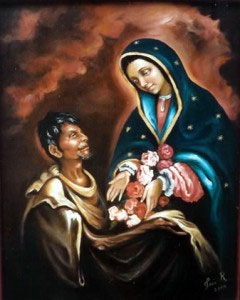 Day Six
Day Six
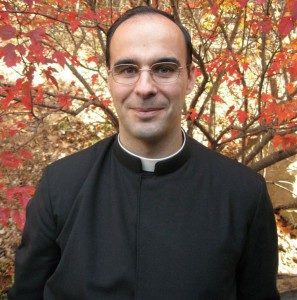
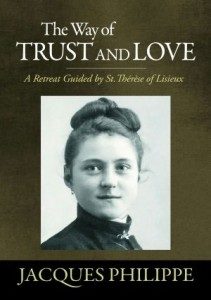
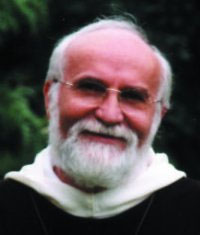
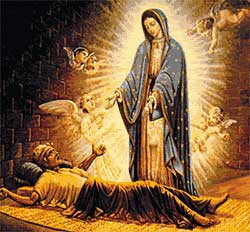 Day Five
Day Five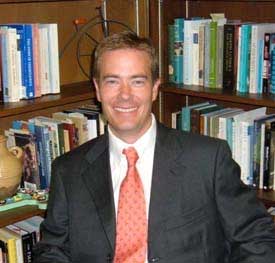
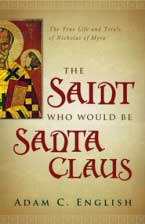 The book can be found
The book can be found 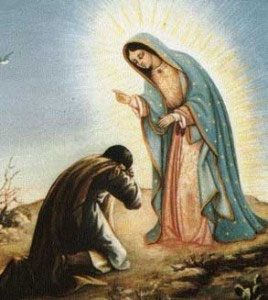 Day Four
Day Four